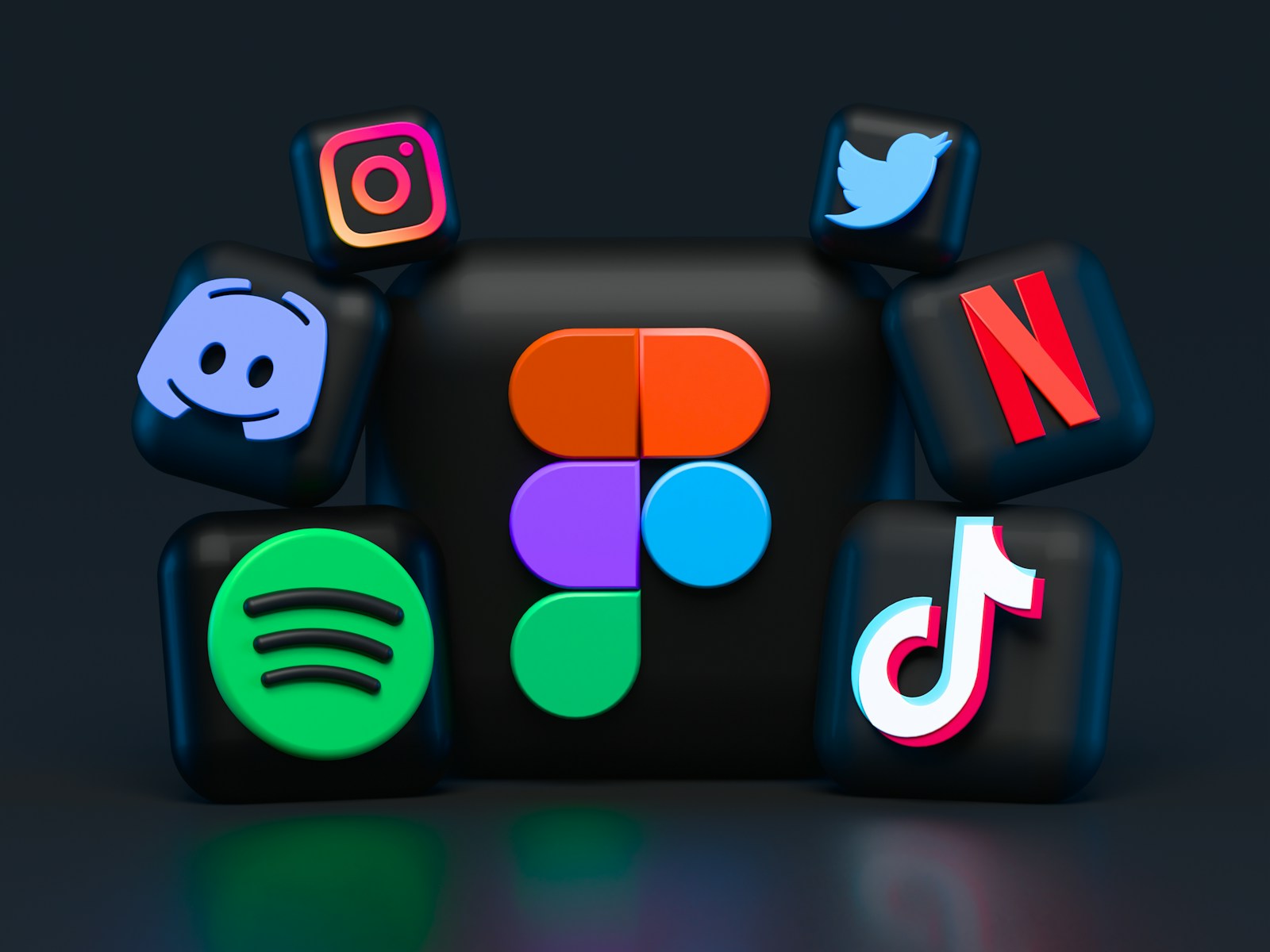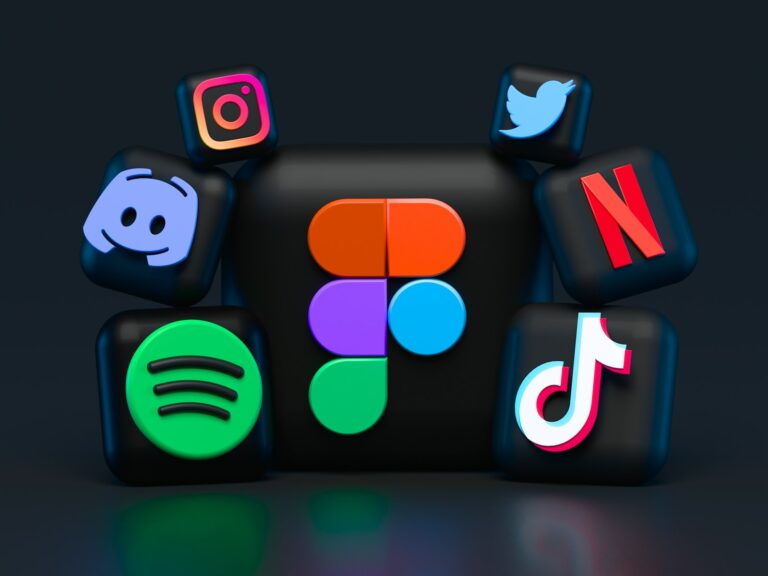
It’s hard to find the right group to boost your coding skills, even though tech is all about working together. ProgramGeeks Social is a platform just for developers who need something better than your usual social media. It mixes job networking with chances to learn by doing. All coders can join, team up, and get ahead in their jobs there.
What Makes ProgramGeeks Social Different
Unlike regular social media or those packed forums, programgeeks social is all about the coder life. It gets that coders want more than just likes; they want to really with others who get them. Each part of the site is made thinking about how programmers work, like sharing code snippets or fixing bugs together.
The site cuts out the junk you find on main social networks. Instead of wasting time on stuff you don’t care about, developers see talks about frameworks, how things are set up, and fixing real issues. This focused way saves time and makes sure talking to others helps you grow at work.
Community-Driven Learning Environment
This platform is cool because it’s all about learning from each other. People share their coding problems and get advice from others who’ve been there. It makes for a real learning space where messing up is just part of how you figure things out, not something to be ashamed of.
It’s a really giving community. Experienced coders guide those just starting out, and the new folks offer up fresh ideas that can shake up how things are usually done. Everyone gets something out of it, and it makes the whole group stronger.
Core Features That Drive Developer Success
ProgramGeeks social has some cool stuff that changes how developers connect for work. Its code tools let you do real-time pair programming. This means you can easily work through tough issues with others in the community, no matter where they are.
Project Showcase and Portfolio Building
Devs can show off what they’ve done with project portfolios that are built right in. Think of them as interactive showcases where other people can check out your code, give you tips, and even help out with open-source stuff. Getting this kind of exposure can get the attention of employers and people who want to team up with you, since they can actually see what you’re good at instead of just reading a resume.
Plus, the platform has a way for people to vouch for your skills. These aren’t like those automatic badges you see everywhere. These endorsements come from devs who’ve worked with you or looked at what you’ve done, which makes them way more helpful when you’re looking for a job.
Knowledge Repository and Resource Sharing
The community has a big collection of info, from easy guides to deep talks about design. People share articles, videos, and code that you can always find and use. This shared knowledge gets bigger every day, making it a super useful resource that’s as good as paid learning sites.
The discussion boards are kept neat with smart tags and categories. So, if you’re trying to fix something in a framework or want career tips, you can find what you need in seconds instead of hours.
Who Benefits Most from This Platform
Programgeeks social helps all kinds of developers, and everyone gets something different out of it. For junior developers, it’s like getting a mentor without needing to work at a big tech company. You can ask anything and get help that really speeds up learning.
Mid-level developers use it to keep up with what’s new and talk to experts in fields they’re interested in. The networking can lead to freelance work or even better full-time jobs.
Career Changers and Self-Taught Programmers
For folks jumping into tech from other jobs, this platform is a big help when things get tough. The community is all about those who didn’t come from the usual backgrounds, and they give solid tips on putting together portfolios that make up for not having a computer science degree.
Experienced developers and team leaders get a lot out of this platform by sharing their insights. Giving their knowledge helps build up their reputation, and they help out the next generation of coders. A lot of them check out the platform to look for talent for their teams or to find partners for starting companies.
Real Success Stories from the Community
People often say they get real career boosts from being involved. Devs have gotten jobs by chatting in the threads, skipping the usual application stuff. Because the platform is known for having talented and active devs, recruiters pay attention to those who are on it.
Also, the collaboration tools have kicked off a bunch of open-source projects that got popular outside the platform. These projects are great for showing off what you can do, and sometimes they even turn into real products or services. The supportive vibe makes it easier to try things that might feel too risky if you were on your own.
Skill Development and Confidence Building
A lot of members say this platform helped them get over feeling like they’re faking it. Talking to other people makes it obvious that even coders who’ve been doing this a long time still have trouble and are always learning new stuff. Realizing this makes people less nervous and more sure of themselves.
Getting feedback on Program Geeks speeds up learning. People get good advice on their code and how they do things, which helps them find their weak spots and learn better ways of doing things faster than if they were just studying on their own.
Getting Started: Your First Steps
Getting on the platform is easy, but a little planning can make it much better. First, fill out your profile completely. Talk about what you’re good at now and what you want to get better at. This makes it easier for the platform to match you with the right chats and people to team up with.
Building Your Initial Network
Start off by keeping up with topics about your tech and what you want to do in your career. Join in on chats by asking good questions or talking about what you’ve been through. Don’t just sit back and watch – getting involved really pays off.
Get in touch with developers who do cool stuff or have goals like yours. When you ask to connect, tell them why you’re reaching out. This helps you make real friends instead of just collecting contacts.
Maximizing Your Platform Experience
Showing up regularly is better than trying too hard sometimes when you’re trying to get noticed. Hanging out with the community for fifteen minutes a day works better than doing it for an hour here and there. Being around regularly keeps you top of mind and helps you build up your network.
Contributing Value to the Community
Pass on what you know, even if you’re just starting out. Your experience as a newbie often hits home more with others in the same boat than advice from experts who’ve forgotten what it was like.
Keep a public record of your coding progress with posts or project updates. This openness pulls in other developers and opens doors for working together. Both your screw-ups and wins are helpful to people at all levels.
Taking Action: Build Your Developer Network Today
The best moment to join Programgeeks Social was when you began coding, but now is the next best time. As your network gets bigger and your name spreads, developer groups become more valuable. If you wait, you’ll miss chances to learn, meet people, and move forward in your job.
Make an account and spend your first session checking out different parts of the site. Jump into talks that grab you and say hi to people who are active. Try to make at least three real contacts in your first week.
Keep in mind that everyone on the site started where you are today. The group cares more about being real, so don’t hold off until you think you’re ready to get involved. Your own thoughts and questions add to how diverse and interesting everything is.
Frequently Asked Questions
Is ProgramGeeks Social free to use?
With this platform, you can join community chats, show off your projects a bit, and connect with others, all without paying a dime. If you want more, like better ways to work together, faster help from mentors, and more ways to personalize your portfolio, there’s a paid option. But honestly, most people are just fine using the free stuff.
What programming languages and technologies does the community focus on?
Programgeeks social has groups for pretty much every coding language and setup you can think of. There are lots of people into JavaScript, Python, Java, C++, phone apps, web stuff, DevOps, and even new things like AI and blockchain. The way the platform uses tags makes it simple to find exactly what you’re looking for, even if it’s something super specific.
How does the platform prevent spam and maintain quality discussions?
To keep things useful and on point, the community uses both AI to check stuff and lets people report posts. Members get reputation points for helping out, and those with higher scores get extra moderation powers. This way, we keep things good without some company bossing us around.
Can I find job opportunities through ProgramGeeks Social?
It’s not just a job board, but lots of folks say they’ve landed jobs through contacts they made here. Recruiters and hiring people are part of the group, and the project showcase is like a portfolio that proves what you can do. Networking for real often gets you chances before jobs are even advertised.
How much time should I spend on the platform weekly?
You don’t need to do much, but folks who jump in three or four times a week usually see the best stuff. Just dropping a comment or sharing something cool keeps you in the loop. It’s better to add something smart than a bunch of simple comments.
Is the platform suitable for complete beginners?
Yep, coders of all levels are welcome here! We even got special spots for newbies where asking simple questions is totally cool. Actually, a lot of experienced developers look for beginner questions ’cause it helps them practice teaching and give back.
How does ProgramGeeks Social compare to platforms like GitHub or Stack Overflow?
Okay, got it! Here’s the rewritten text:
So, GitHub and Stack Overflow are cool for what they do—managing code and answering questions. But Programgeek Social is all ’bout building a real community and helping you grow in your career. It’s not trying to beat them. You’ll still use GitHub for your code, but come here for making friends, getting advice, and getting your career on track.






